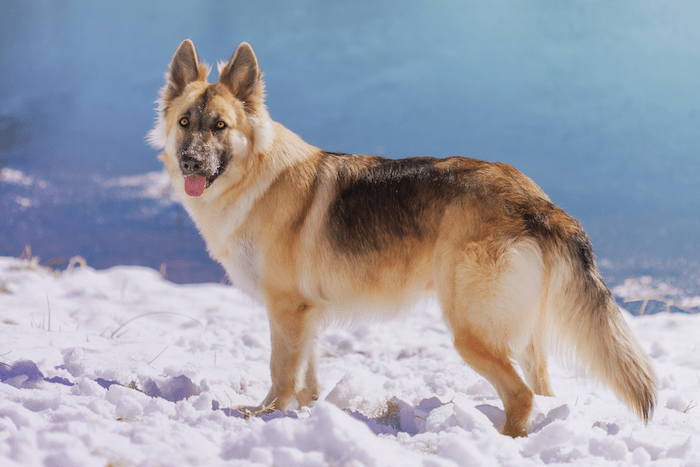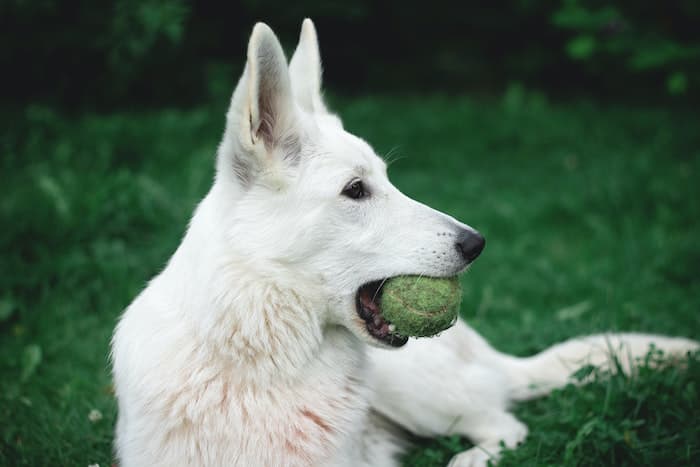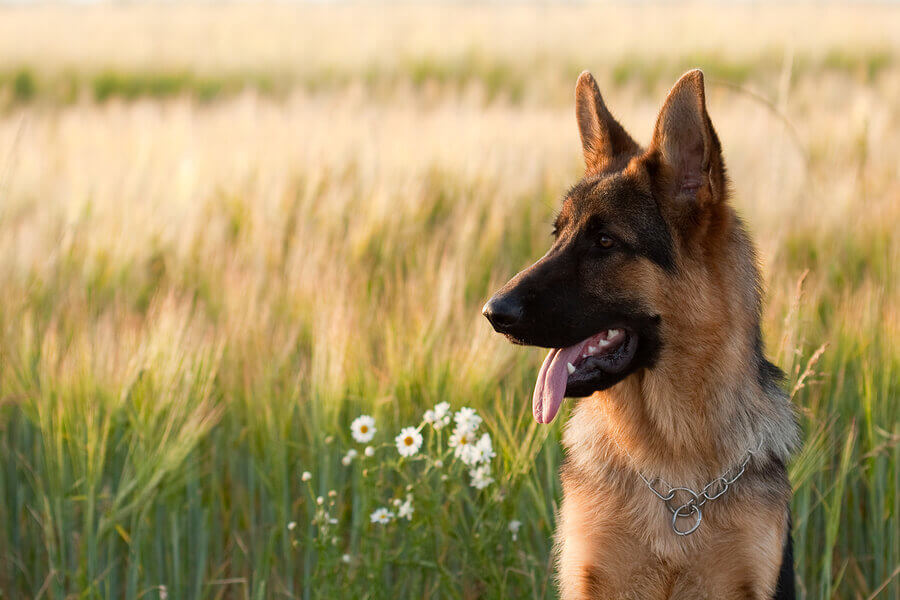The German Shepherd is a terrific breed to welcome into the family since it is energetic, clever, and loyal. If properly raised and trained, they may make excellent family dogs, protection dogs, and long-term friends. Exercising, grooming, and teaching them takes a lot of time and effort.
On the other hand, a well-adjusted German shepherd is a beautiful and rewarding pet. German shepherds require suitable feeding and housing and routine health care and exercise. Your German Shepherd may enjoy a long and happy life with a bit of effort and maintenance and will be a loyal friend for years to come.
Puppy or Adult?
Potty training, biting inhibition, basic obedience, and other tasks require several months with a puppy. They have a lot of things that are needed to be regularly monitored for the first year of their lives. A well-trained adult German shepherd will already have the training and life experience. They’ll still require a lot of exercises, but they won’t need as much monitoring.
The disadvantage of owning an adult German shepherd is that you don’t know everything about them. They may have odd habits or behaviors that you don’t like, as well as phobias and inhibitions that you don’t understand.
How are German Shepherd Puppies?
- Shyness: German Shepherd puppies can sometimes be hesitant and frightened, leading to fear-based aggressiveness if not appropriately handled. For these puppies, socialization becomes critical to keep their shyness and aggression in check.
- Rough-Housing: German Shepherd puppies are highly intense when it comes to fun, so be prepared for some heavy-duty wrestling. You’ll have to keep an eye on any interactions with other dogs to make sure no one gets hurt.
- Biting: Because of their playful biting, German Shepherd puppies are frequently known as “land sharks.” If you wish to prevent their biting from becoming a lot more dangerous game, you’ll need to train in this area.
Even with all of the above advice, caring for a puppy is a lot of work! Even on the most challenging days, remember to have fun with your pup. Even if you’re exhausted from staying up all night with your puppy, exhausted from chasing him around the house, and sore from bending over to clean up puppy pee, a snuggly hug from your little German Shepherd puppy can melt all of your worries away.
How much area does a German Shepherd need?
German shepherds are powerful, energetic dogs. They require a large, fenced backyard to play and expend their energy. They should be kept in a kennel, and one can find a good dog house for a German Shepherd. German shepherds confined to tight places are prone to destructive behavior because of boredom. They should never be chained for long periods, as this will cause them to bark and get irritated, if not hostile.
How can you take good care of a German Shepherd?
- Invest in the diet of your German Shepherd:
A GSD is a high-energy dog breed that benefits immensely from specific foods and diets. Depending on when you adopt a GSD, becoming familiar with specific diets for each stage of its life will save you a lot of money in the long run and will be highly good for its general health.
- Ascertain that your German Shepherd’s exercise requirements are met:
Keeping up with a GSD’s demanding exercise and play routine is part of the challenge of having one. In general, you should think of spending at least 2 hours every day with your GSD exercising or playing. Regular physical activity is necessary to keep your GSD’s strength, agility, and overall fitness.
- Make time for grooming and hygiene for your German Shepherd:
All GSDs must be groomed and maintained regularly. Their double coat provides protection and insulation, but it can also serve as a breeding ground for germs and fungal illnesses if not properly maintained. Clean ears, a thick and shining topcoat, a healthy mouth with clean teeth, and short, clipped nails are all characteristics of a well-groomed GSD.
- Ensure that your German Shepherd gets enough rest:
A healthy GSD should sleep for about 10-15 hours every day. If you keep your GSD indoors a lot, 15 hours of sleep is usually the most you expect. GSDs that are more active may require less sleep and take short, frequent naps throughout the day.
What kind of Living environment is better for a German Shepherd?
German Shepherd Dogs are incredibly adaptable to a variety of living situations. They are fine as indoor dogs, even in small apartments, if they are tended adequately for, given time outside, and exercised regularly. They can be used outdoors as well. However, their temperature tolerance is typically between 0 and 85 degrees Fahrenheit.
If they are out in icy weather, they’ll need various items, including suitable shelter, access to unfrozen water, and space to move around. Despite this, they have a high endurance for cold conditions thanks to a layer of fat beneath a thick double coat. They tend to succumb fast if they are outside dogs in a hot climate, especially if they are exercising, without shade, or with insufficient water.
Wrapping Up
Despite their size, cuteness, and adaptability, these renowned canines require a lot. German Shepherd care may appear to be a lot of work, but it will come naturally to people who genuinely love their dog. Raising a GSD puppy or adopting one as an adult involves far more effort than most dog breeds.
However, the German Shepherd makes an excellent family pet when appropriately raised. Before you adopt one, make sure you’ve done your homework on how to care for it. There are numerous guidelines available, and if necessary, you should buy a German Shepherds for Dummies care guide. After all, it’s a small price to pay to ensure that your German Shepherd is well taken care of!
Related Reading



